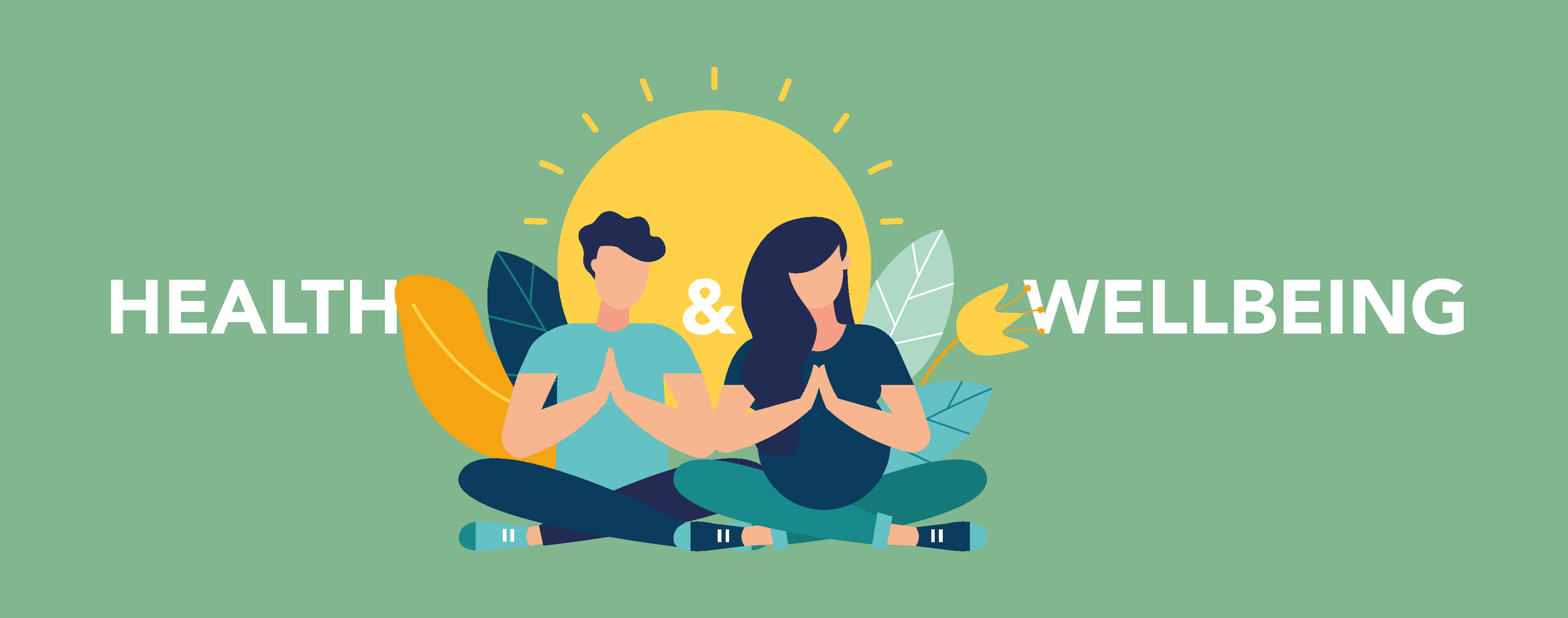Health & Wellbeing
Healthy Body ~ Healthy Brain
Mental Health and Wellbeing Leader (MHWL)
In 2024, South-Eastern regional government schools will receive funding to employ a Mental Health and Wellbeing Leader (MHWL) to implement a whole-school approach to mental health and wellbeing for students, staff and families based on a broad knowledge of the needs of the school community.
My name is Sally Baker and my role as MHWL is to implement a whole-school approach to mental health and wellbeing.
I will be working in collaboration with our Wellbeing team to promote awareness and understanding of mental health and wellbeing in the school community, and to build the capacity of staff to support student mental health by:
· Building the capability of the whole school regarding mental health and wellbeing
· Supporting the whole school to better identify and support students with mental health needs
· Establishing referral pathways for students requiring assessment and intervention, and monitor and evaluate student progress.
The Mental Health and Wellbeing Leader role is not a clinical role and is not designed for direct intervention. Mental Health and Wellbeing Leaders are provided training in mental health literacy, supporting emerging needs, and building school capacity.



